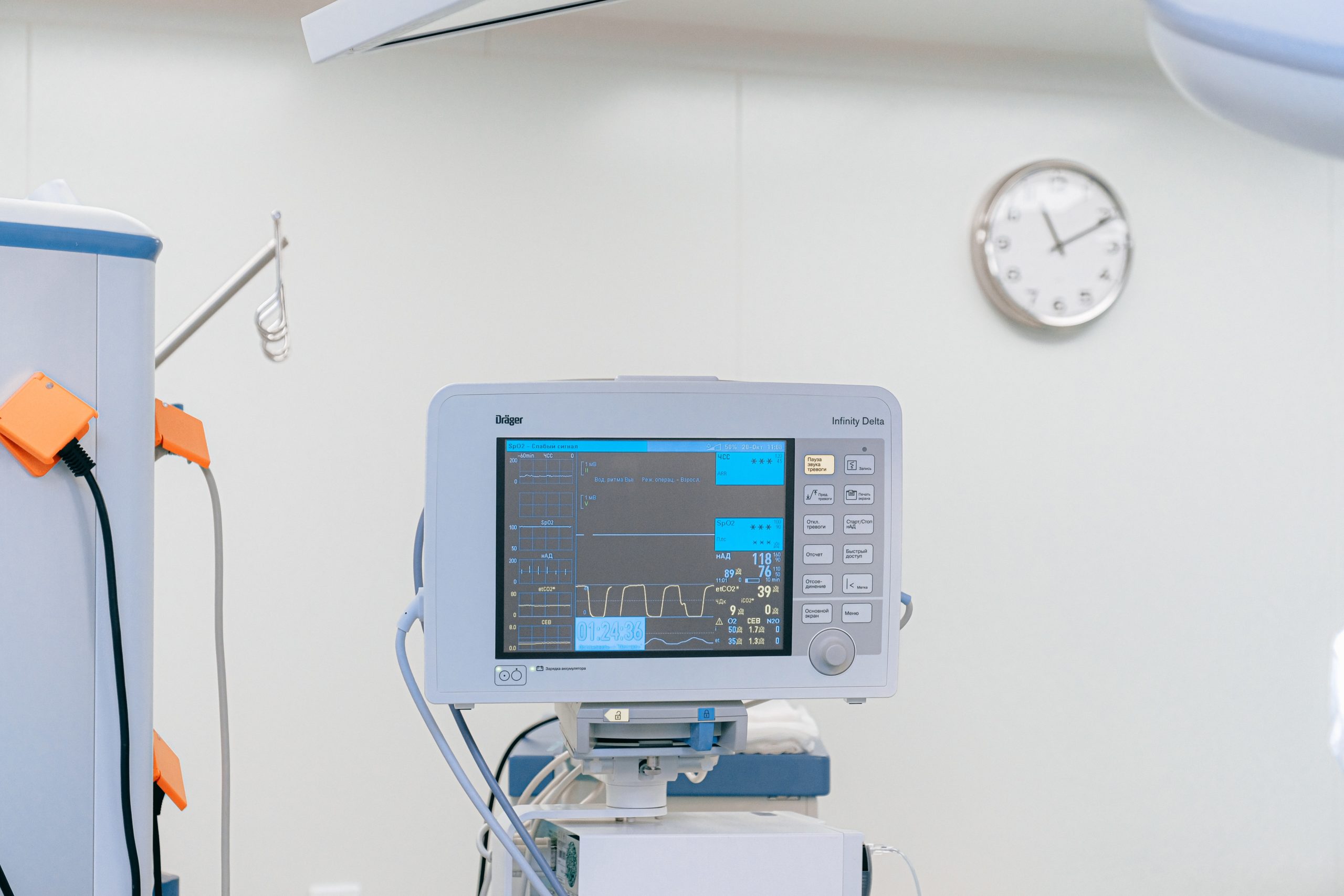
Free Consultation(203) 447-0000

Free Consultation(203) 447-0000

According to the Center for Disease Control (CDC), heart disease is the leading cause of death for women in the United States, responsible for 1 in every 5 female deaths. In 2020, 314,186 women in the United States died from heart disease. Moreover, approximately 1 in 16 women over the age of 20 have coronary heart disease. Despite the prevalence of heart disease among women, there is a higher instance of heart attack misdiagnosis in women when compared to men.
Researchers exploring this topic have uncovered complex reasons for this disparity. A study presented at the European Society of Cardiology in 2021 found that women with chest pain are more likely than men to wait over 12 hours before seeking medical attention. The study’s author, Dr. Gemma Martinez-Nadal of the Hospital Clinic of Barcelona Spain, explained, “Our findings suggest a gender gap in the first evaluation of chest pain, with the likelihood of heart attack being underestimated in women. The low suspicion of heart attack occurs in both women themselves and in physicians, leading to higher risks of late diagnosis and misdiagnosis.”
In a study of women in England, Wales, and Northern Ireland, researchers found that women who had a final diagnosis of a STEMI heart attack, which occurs when there is a total blockage of a coronary artery, had a 59% greater chance of a misdiagnosis when compared with men. Women who had a final diagnosis of an NSTEMI heart attack, which is a partial blockage of one or more coronary arteries, had a 41% greater chance of misdiagnosis when compared with men. Onethe of researchers who worked on the study, Dr. Chris Gale of the University of Leeds, explained, “We need to work harder to shift the perception that heart attacks only affect a certain type of person. . . . [H]eart attacks affect the wider spectrum of the population – including women.”
Dr. Sanchari Sinha Dutta offers the following insights into why heart attacks may be misdiagnosed in women:
The CDC recommends taking the following actions to lower the chance of getting heart disease:
If you or a loved one have experienced a heart attack misdiagnosis, you should reach out to an attorney right away. Contact the experienced attorneys at Berkowitz and Hanna, LLC if you have questions about your legal rights following a heart attack misdiagnosis in Connecticut. To schedule a free, no-obligation consultation, call or contact us online today.
Berkowitz Hanna
